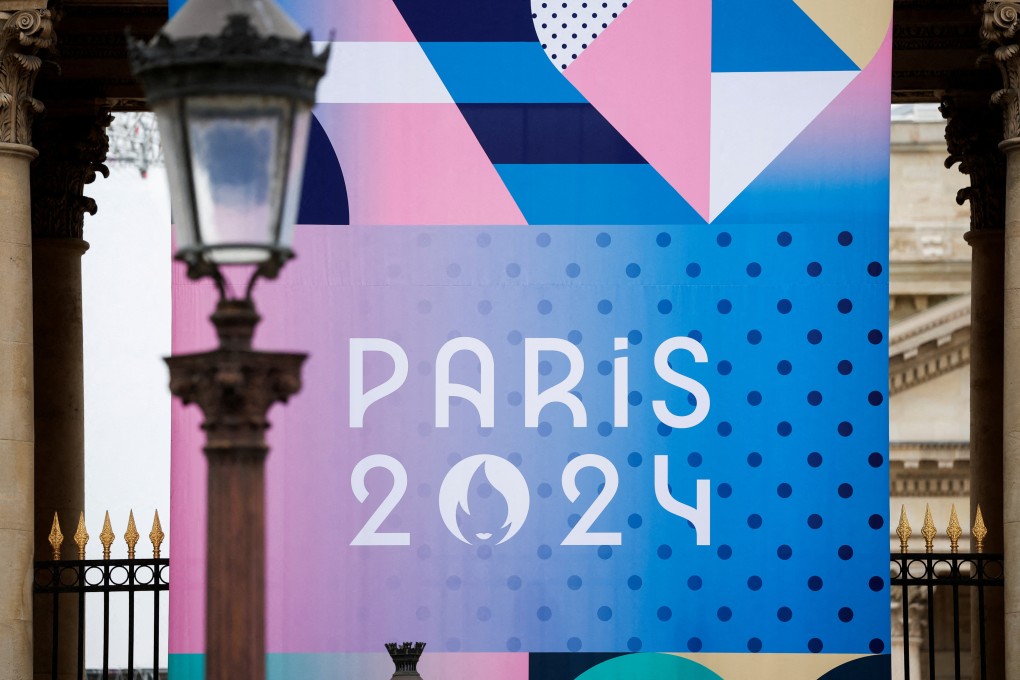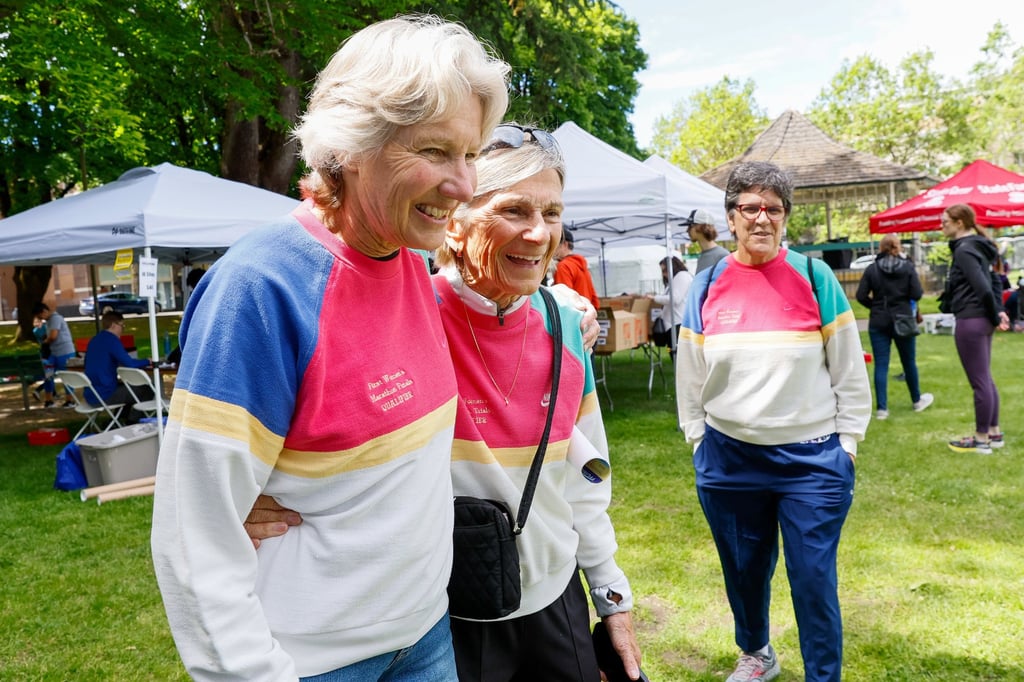Paris Olympics: From ‘female applause as a reward’ to gender parity – the 128-year journey
- In 1924, the last time the Olympics were held in Paris, just four per cent of competitors were female

Once seen as a “celebration of manly virtue” without women athletes, the modern Olympics will reach gender parity for the first time during this year’s Paris Games, 128 years since its first edition.
When the ancient Greek event was revived by French aristocrat Pierre de Coubertin in the late 19th century, he saw it as a celebration of gentlemanly athleticism “with female applause as its reward”.
In 1924, the last time the Olympics were held in Paris, just four per cent of competitors were female and they were restricted to sports considered suitable for them, such as swimming, tennis and croquet.
“For the first time in Olympic history we are going to have gender parity on the field,” Marie Sallois, International Olympic Committee (IOC) director in charge of gender equality, told journalists about the Paris 2024 Games on International Women’s Day in March.
The milestone is the result of incremental jumps in female participation at each Games, mirroring broader societal trends in most parts of the world that have gradually opened up male-only domains from the board room to the voting booth.

“It took a very long time for us to finally get to 44 per cent (of women) in London in 2012, the first edition at which women could take part in all the sports, then 48 per cent in Tokyo (in 2021),” Sallois added.
